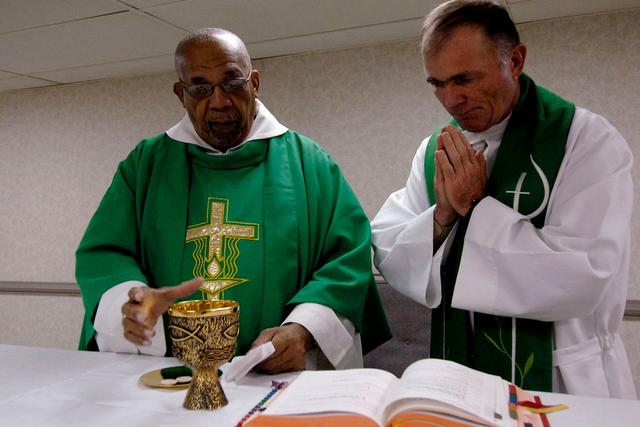Muslim Religious Scholars
Overview

Introduction
Muslim religious scholars study the Quran and other holy texts, conduct research on the history of Islam, publish research papers and books, teach students about Islam, and study current issues in Islam (such as Islamic finance, public policy, and the religion’s relationship with the West). Some very experienced and learned scholars interpret Sharia (Islamic law) and issue fatwas, which are religious rulings on an aspect of Sharia.
Quick Facts
Median Salary
Employment Prospects
Minimum Education Level
Experience
Skills
Personality Traits
Earnings
Religion professors earned median annual salaries of $79,930 in May 2023, according to the U.S. Department of Labor. Earnings ranged from less than $48,450 to $137,310 or more. A religious scholar who also works as an imam at a mosque might earn between $20,000 and $50,000, with an average of about $30,000. Religious scholars who work at colleges and universities receive fringe benefits such as...
Work Environment
A typical workday for an Islamic religious scholar involves many hours of study and research, as well as discussions with other scholars and historians. Some scholars also work as college professors, and their days involve time in the classroom providing instruction to students, office hours to work with students after class, departmental meetings, and time to grade homework and prepare for the...
Outlook
The U.S. Department of Labor does not provide an employment outlook for Muslim religious scholars, but it does report that job opportunities for college religion and philosophy professors (a similar career category) will increase by 2 percent, slower than the average for all careers, from 2023 through 2033.
Demand for religious scholars will increase because the number of people who prac...









